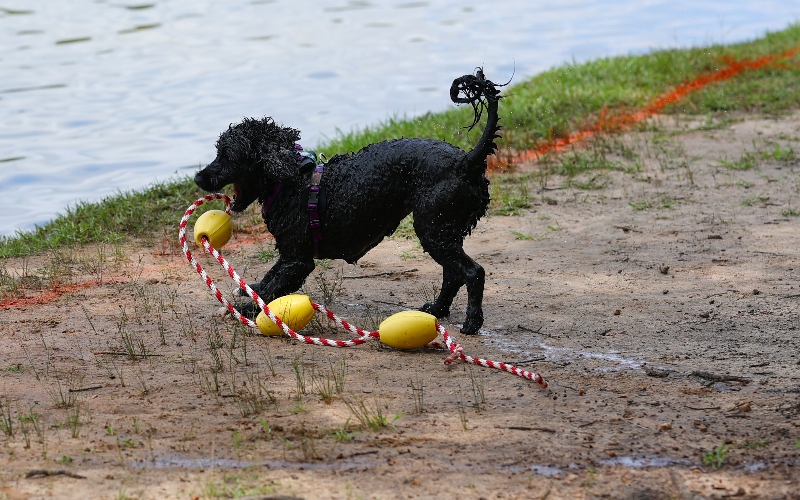Vaccinations Part I: Canine Parvovirus
Published 10:00 pm Tuesday, April 19, 2016
Canine parvovirus, commonly referred to as parvo, is a severe and often deadly disease. The disease is most commonly seen in puppies less than four months old, although it can occur in dogs of any age. Fortunately, a vaccine is available to help prevent infection.
Canine parvovirus, like other viruses, is a tiny infectious agent that is too small to be seen with most microscopes. It infects domestic dogs and wild canines such as coyotes and foxes. A new strain of parvovirus can also affect domestic cats. The virus, which is spread in huge amounts in the feces of infected animals, is extremely tough, and can live for longer than one year in the soil. Puppies become infected by ingesting virus particles. Ingestion may occur as part of normal grooming behaviors, such as when a pet licks its paws or fur.
After the virus enters the body, it attacks the bone marrow and intestines. It kills cells of the immune system, making it difficult for the body to fight infection. It also damages the intestinal lining, making the intestines unable to absorb fluids or nutrients. It damages the barrier between the intestines and bloodstream, allowing bacteria to enter the blood, which can result in fatal sepsis. It causes vomiting and diarrhea which lead to dehydration so severe that death may occur.
Trending
A drug to kill the virus does not exist; the puppy’s own immune system must eliminate it from the body. Treatment serves to support the weakened body until it is able to clear the infection on its own.
Supportive care includes IV fluid therapy to correct dehydration and IV antibiotics to combat secondary bacterial infection. Nausea and vomiting are controlled with injectable medications. Monitoring of blood cell count, electrolytes, hydration status, blood sugar, and plasma protein help to determine whether additional medications are needed. Treatment may take from two days to over a week. Even with optimal treatment, only about 75 percent of affected puppies survive.
You should consult with your veterinarian if your puppy has any vomiting or diarrhea. Survival chances improve if the disease is diagnosed and treated early, so parvo testing may be recommended if your puppy has early or mild symptoms. A table-top test that detects virus in the stool is most commonly used for diagnosis.
Vaccination is very effective at preventing canine parvovirus infection. Vaccination stimulates the immune system to fight off the virus before it has a chance to infect the body. Starting at six to eight weeks of age, puppies should be vaccinated every three weeks until they are 16 weeks old. Until a puppy has been fully vaccinated, it should not be taken to public places, since there may be a heavy load of the virus in the environment.
Dogs should be re-vaccinated every one to three years after receiving initial vaccines. Breed and lifestyle can affect susceptibility to the disease, so your veterinarian will tailor your pet’s vaccination schedule accordingly.
For more information, contact your veterinarian, or visit www.veterinarypartner.com.
Trending
Dr. Kelly Sulik owns and operates Animobile Mobile Veterinary Services in Tryon, N.C. She can be reached at animobiledvm@gmail.com.





